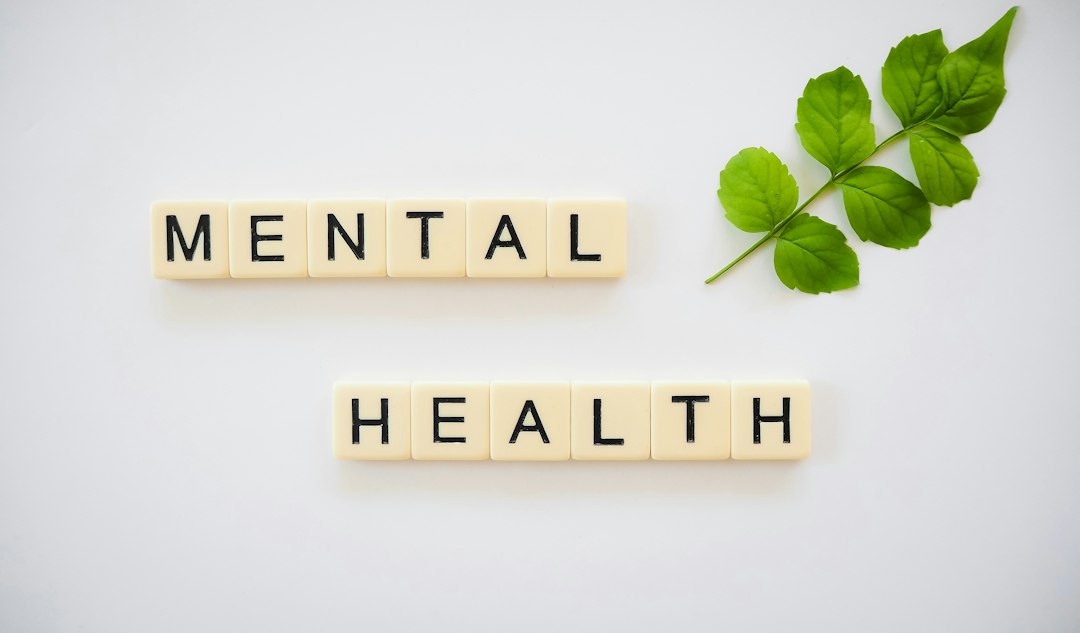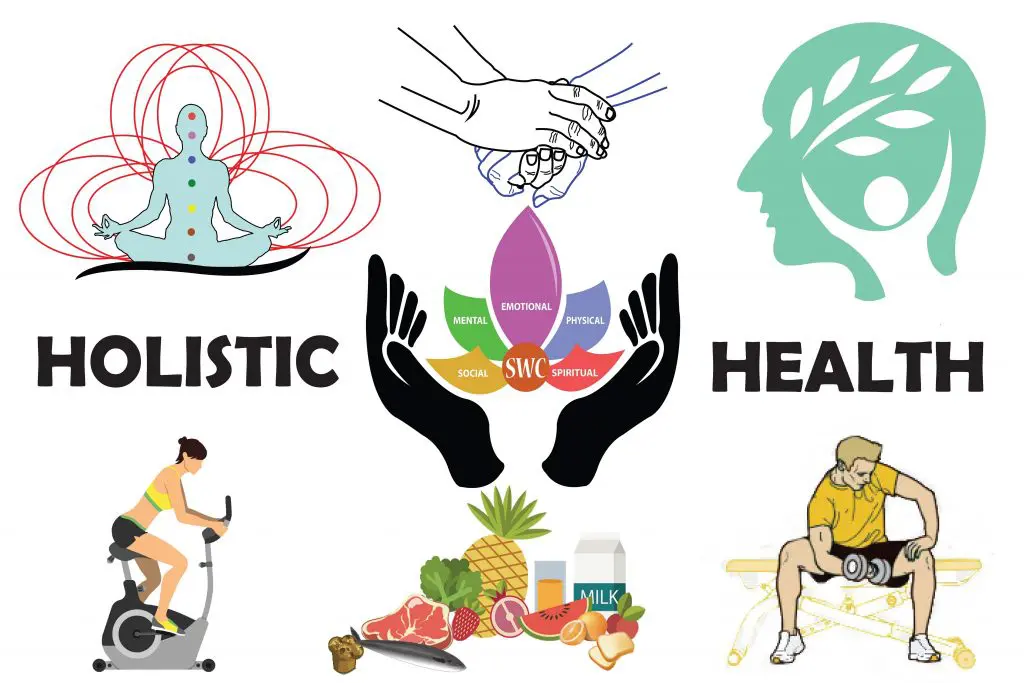Introduction
In today’s fast-paced world, where stress and anxiety seem to be at an all-time high, prioritizing self-care has never been more critical. Often, we get so caught up in the hustle and bustle of life that we forget the importance of taking a moment for ourselves. Self-care is not just about indulgence; it’s about maintaining mental wellness and finding balance. By integrating self-care practices into our daily routines, we can manage stress more effectively and foster a happier, healthier life.
The Importance of Self-Care Practices for Mental Wellness

Definition and Concept of Self-Care
Self-care refers to the deliberate actions individuals take to care for their physical, mental, and emotional health. It’s about being as kind to ourselves as we would be to others, recognizing our own needs, and taking steps to meet them. It includes managing stress, maintaining a healthy lifestyle, and seeking activities that bring joy and relaxation.
Impact of Self-Care on Mental Wellness
Practicing self-care has a profound impact on mental wellness. It helps reduce anxiety, depression, and stress by providing our minds and bodies the time and space to relax, recuperate, and regenerate. When we prioritize self-care, we’re better equipped to handle life’s challenges with resilience and a positive outlook.
Benefits of Incorporating Self-Care Practices into Daily Routine
– Improves mood and reduces anxiety
– Enhances self-esteem and self-compassion
– Encourages a healthier lifestyle
– Boosts energy levels and improves focus
Understanding Mental Wellness
What is Mental Wellness?
Mental wellness is the overall state of well-being where individuals realize their own abilities, can cope with the normal stresses of life, work productively, and contribute to their community. It’s a crucial part of overall health, encompassing emotional, psychological, and social well-being.
Common Issues Affecting Mental Wellness
Several common issues can affect mental wellness, including stress, anxiety, depression, and relationship problems. These challenges can interfere with daily life and happiness, making it essential to address them proactively through self-care and professional help if needed.
The Connection Between Mental Wellness and Self-Care
Self-care and mental wellness are deeply connected. By regularly engaging in self-care practices, individuals can significantly improve their mental health, finding better balance and fulfillment in their lives. It’s a continuous journey that leads to improved resilience, stronger relationships, and a happier, healthier life.
Self-Care Practices for Enhancing Mental Wellness
Physical Self-Care
Physical self-care includes activities that improve your physical health such as regular exercise, eating nutritious foods, getting enough sleep, and practicing good hygiene. This can mean going for a walk in nature, joining a yoga class, or even just stretching in your living room. Remember, it’s not about the intensity of the activity but the consistency and enjoyment.
Emotional Self-Care
Emotional self-care involves activities that help you connect, process, and reflect on a range of emotions. This might include journaling, seeking therapy, practicing mindfulness, or having heartfelt conversations with friends. It’s all about finding safe and healthy ways to express your feelings and work through them.
Mental Self-Care
Mental self-care focuses on activities that stimulate your mind and intellect. This can be achieved through reading, learning a new skill, engaging in a hobby, or solving puzzles. It’s important to find challenges that excite you and make time for them in your routine.
Social Self-Care
Social self-care is about maintaining healthy, supportive relationships, and making time for friends and family. It also means setting boundaries to ensure social interactions are positive and fulfilling. Activities like having a dedicated family night or catching up with a friend over coffee can make a big difference.
Implementing Self-Care Routines
Tips for Establishing a Self-Care Routine
To establish a self-care routine, start small by picking one or two activities to focus on. Schedule them into your day as non-negotiable appointments. It’s also helpful to track your habits to see your progress and stay motivated. Remember, consistency is key.
Overcoming Barriers to Self-Care
Common barriers to self-care include lack of time, feeling guilty for taking time for yourself, and not knowing where to start. To overcome these obstacles, it’s important to prioritize self-care as necessary for your well-being, remember that self-care is a productive and worthwhile investment in yourself, and start with small, manageable steps.
Creating a Self-Care Plan
Creating a self-care plan involves identifying what aspects of self-care you need to focus on, setting realistic goals, and outlining steps to achieve them. Consider all dimensions of self-care—physical, emotional, mental, and social—and determine what activities bring you the most joy and relaxation. Additionally, think about how you can incorporate these practices into your daily routine and who can support you in your self-care journey. With a plan in place, you’re more likely to stick to your self-care routine and see improvements in your mental wellness.
The Role of Self-Care in Stress Management
How Self-Care Helps in Stress Reduction
Self-care serves as a powerful tool in moderating the pressures of life, acting as a buffer against the strain stress places on our mental wellness. By prioritizing activities that nurture our well-being, we signal to our minds and bodies that we value their health. Incorporating self-care into our routine can boost our mood, enhance our resilience, and lower our stress levels, making challenges more manageable and life more enjoyable.
Self-Care Techniques for Managing Stress
Several effective self-care techniques can help manage stress, including:
– Regular physical activity, which releases endorphins and improves mood.
– Mindfulness and meditation practices to enhance awareness and bring about a state of calm.
– Adequate sleep and balanced nutrition, foundational elements for mental and physical health.
– Setting aside time for hobbies and interests that bring joy and relaxation.
Achieving Balance Through Self-Care

Balancing Work and Self-Care
Striking a balance between work responsibilities and self-care is crucial. This can mean setting clear boundaries between work and personal time, ensuring you disconnect to recharge, and scheduling self-care activities just as you would any other important task.
Maintaining Balance in Personal Relationships
Balanced personal relationships are nurtured through self-care by setting healthy boundaries and ensuring you’re in a good mental space to engage positively with others. It’s about giving yourself permission to prioritize your needs alongside those of the people you care for.
Finding Balance in a Hectic World
In today’s fast-paced environment, finding balance can seem daunting. Self-care offers a pathway to rediscovering equilibrium by encouraging moments of pause, reflection, and engagement in activities that fulfill us, thus facilitating a more centered and peaceful life amidst the chaos.
Conclusion
In a world that often demands too much, embracing self-care as a foundational practice is not just beneficial; it’s essential for maintaining mental wellness. By prioritizing activities that foster stress management, balance, and overall well-being, we not only enhance our ability to navigate life’s challenges but also improve our quality of life. Remember:
– Self-care is a personal journey; find what works for you.
– Consistency is key. Make self-care a regular part of your routine.
– Your mental wellness is worth the effort. Prioritize yourself.
Taking small, intentional steps towards integrating self-care practices into our daily lives can lead to significant improvements in mental wellness. Let’s make a commitment to ourselves today to start that journey.





